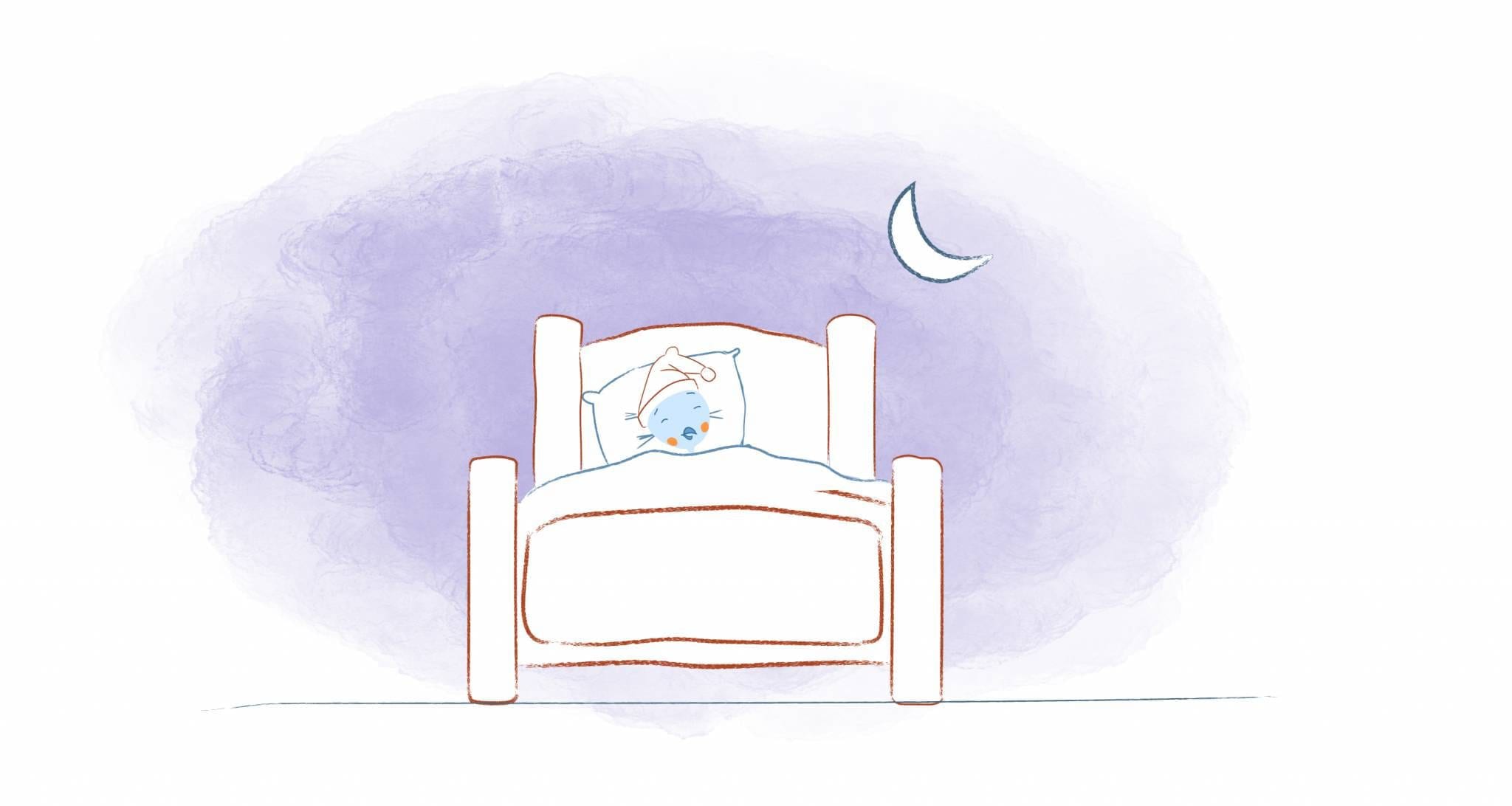

Getting good, consistent sleep is a battle all adults face. Juggling work, home, and family responsibilities leaves little time for rest. But, can your online calendar help you sleep better?
When you don’t get adequate sleep, your health and productivity take a dive. So how can you make sure you’re getting enough of it?
It’s all a matter of time management. For that, there’s no better tool than your online calendar.
Catching Zzz’s With Your Calendar
How you structure your day plays a huge role in your sleep. You can take these nine tips to the bank (and then to bed):
1. Start With Your Routine
It’s easier to get sleep when you follow a routine. If you don’t make time in your schedule for rest, it may become sporadic. Adjust your rhythm gradually, or you could overcorrect — and oversleeping can leave you feeling groggy and unproductive.
Start by setting times to wake up and go to bed in your online calendar. Follow your natural pattern, or circadian rhythm, for the best effect. Try to stick to these times as closely as possible, even on the weekends. As you build your schedule around your sleep times, you can add morning and evening routines that help you better manage your day.
2. Take Charge of Naps
When sleep is hard to get, you might be tempted to take the occasional nap. While naps aren’t inherently bad, a mistimed or overextended nap can make it tough to fall asleep come nighttime.
If you’re going to take naps, do so in a calculated matter.
When you nap, use your online calendar to hold yourself accountable. Make sure you’re not taking one too late in the day, and set an alarm to ensure your power nap doesn’t turn into a snooze fest.
3. Manage Your Eating and Drinking
Just as you shouldn’t be napping too late in the day, there are other things that should be reserved for earlier hours. Eating before bed or drinking caffeinated beverages in the evening can keep you up later than you’d like.
Schedule dinner early enough to leave time to digest any heavy foods that might keep you up tossing and turning. Similarly, set a cut-off time after which you stop consuming beverages like coffee and black tea.
4. Add Exercise to Your Day
Incorporating physical activity into your day is a great way to promote sleep. Not only do you benefit from burning calories and working your muscles, but you’ll actually be tired when it’s time for bed.
Especially if you work an office job, block off time daily for exercise. Any amount of exercise is beneficial, so don’t worry if you’re only able to fit in half an hour a day. Beware that aerobic exercise too late in the day pumps up your adrenaline without enough time to wind down.
5. Put Down Your Phone
Everyone is guilty of getting sucked into their digital devices. It’s easy to spend hours surfing social media or playing video games when lying in bed. Before you know it, your alarm is going off in five hours.
If you can control your phone usage, you’ll be able to settle into bed much more easily. Make a reminder in your online calendar to shut off notifications and put your phone away for the night. Keep it, as well as televisions and other screens, out of the bedroom.
6. Dim the Lights
Darkness cues your brain to get ready for bed by releasing melatonin, a hormone that makes you feel sleepy. A couple of hours before bed, turn off or dim some of the lights in your home.
If you have a smart home, you can create calendar events to automatically tweak the lighting at a predetermined time. If not, just make a reminder for yourself. Experiment with different times and lighting levels until you find a combination that gives you time to wind down without keeping you up too late.
7. Kick Bad Habits
Your vices can sabotage your life in many ways, including your rest. Using tobacco, drinking alcohol, eating unhealthy foods, and staying up too late all can all cost you a good night’s sleep.
Set a goal in your online calendar. Maybe you want to wean yourself off of cigarettes, or perhaps you simply need to start going to bed earlier. Instead of going cold turkey, which may result in a rebound, step yourself down. The process may be long, but better habits are worth it.
8. Try Meditating
Do you ever toss and turn at night because you simply can’t turn off your brain? Thinking about work the next day or an embarrassing moment from sixth grade can put sleep out of reach.
If you struggle with this, consider giving meditation a try. Add your window of meditation into your online calendar. Eliminate all distractions, and take that time to focus on your breath. The calmer you are, the easier it’ll be for you to fall asleep.
9. Keep Things Tidy
Clean spaces are easier to relax in. When there’s a lot of clutter, you may feel claustrophobic or stressed, hampering your ability to rest.
Set a recurring event in your calendar to do a daily sweep of your room. Pick up that dirty laundry and organize your closet. Move any electronics, in particular, out of the room. Once a week or so, do a deeper clean to prevent grime from building up.
Sleep is every bit as important to your health as exercise and healthy eating. Get enough of it every night, and you’ll wake up ready to take on the world.











Angela Ruth
My name is Angela Ruth. I aim to help you learn how Calendar can help you manage your time, boost your productivity, and spend your days working on things that matter, both personally and professionally. Here's to improving all your calendars and becoming the person you are destined to become!